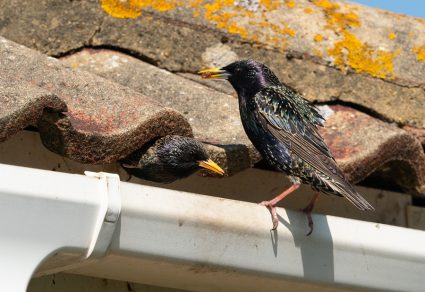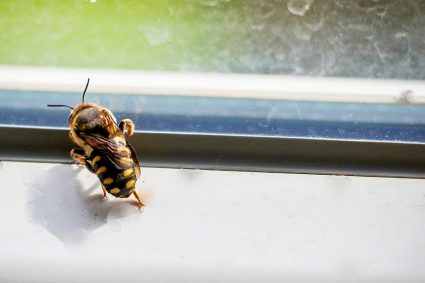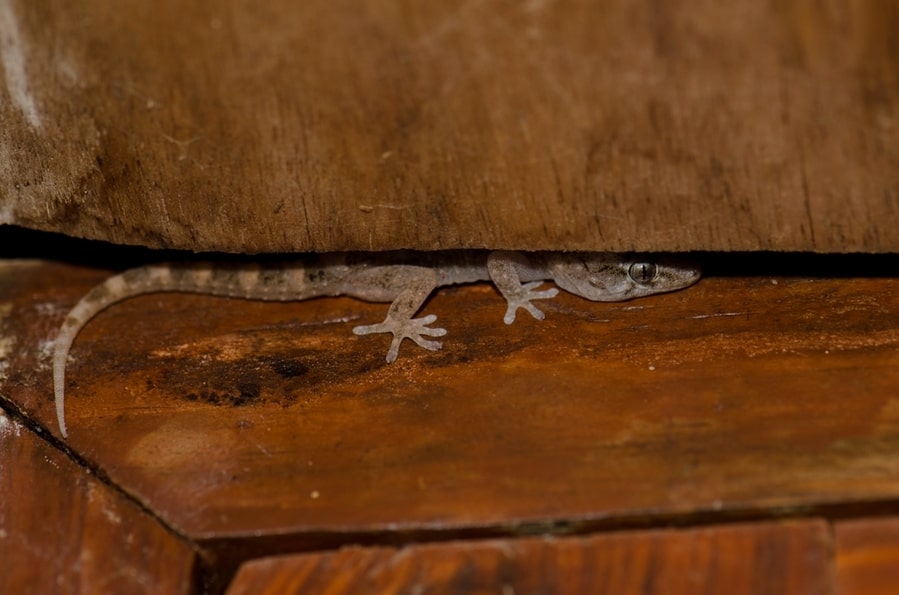
Have you ever questioned why geckos only emerge at dusk? Do geckos move around more at night? If so, are they more active at night?
At night, geckos are more active by design. They seek food and mate at night. The darkness also makes it easier for them to hide from predators. Geckos are prey for predatory rodents like:
- Snakes
- Bigger reptiles
- Birds of prey
- Rats
Some of the most well-known species of gecko sleep almost throughout the day. But not all gecko species are nocturnal.
The ground-dwelling geckos, which are nocturnal creatures, include:
- Leopard gecko
- Crested gecko
- Madagascan ground gecko
- Fat-tailed geckos
Since most gecko species are nocturnal, it is less likely to see them out and about during the day. Geckos have unique physical modifications that make it easier for them to move about in the dark.
Geckos’ eyes enlarge, and their pupils widen to help them capture more light.
You will learn in this article why geckos prefer the dark.
Geckos’ Unique Physical Alterations Help Them at Night
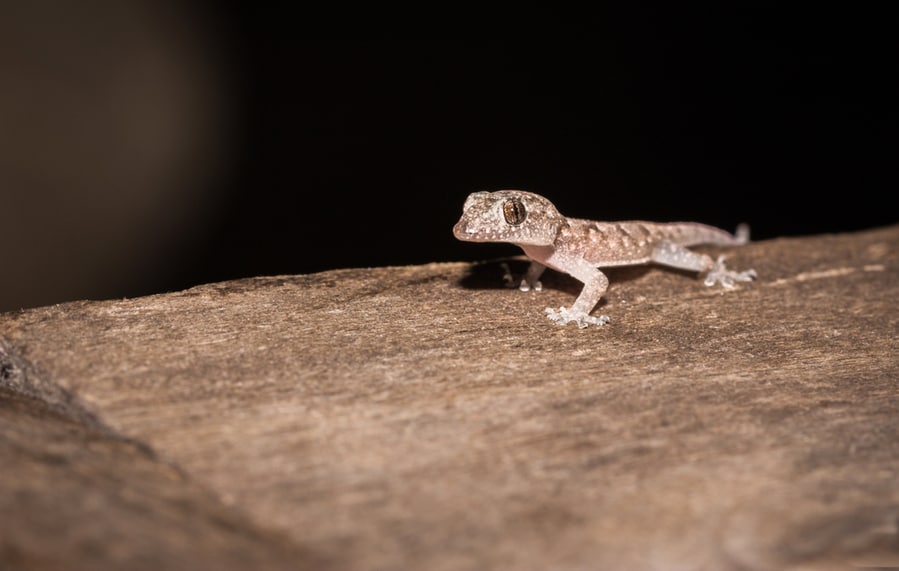
Like all nocturnal species, geckos acquired specific physical adaptations that make it easier for them to move about in the dark.
Geckos’ eyes and pupils enlarge to help them capture more light.
Behind the retina is a reflecting layer known as the tapetum. This reflective film receives all light that enters the eye and reflects it.
The rod cells in the retinas transform each cell’s nucleus into a light-collecting structure. Humans and non-nocturnal animals use their rods differently.
Due to their keen sense of smell, geckos can communicate by leaving scents trails. Jacobson’s organ (also known as the Vomeronasal Organ) is the source of this acute sense of smell.
The Jacobson organ, found in the roof of their mouths, offers nocturnal animals a more acute sense of smell. In addition, their ability to grin when they pull their lips back improves how this organ works.
Since most gecko species lack eyelids, it might be challenging to determine whether they are genuinely sleeping.
However, there are a few indicators to look out for, such as:
- Their eyes have relatively small pupils since they are not actively looking for light.
- Geckos will remain motionless for a while, usually in one place.
- When they try to sleep, geckos will typically hide away.
5 Main Reasons Why Geckos Emerge at Night
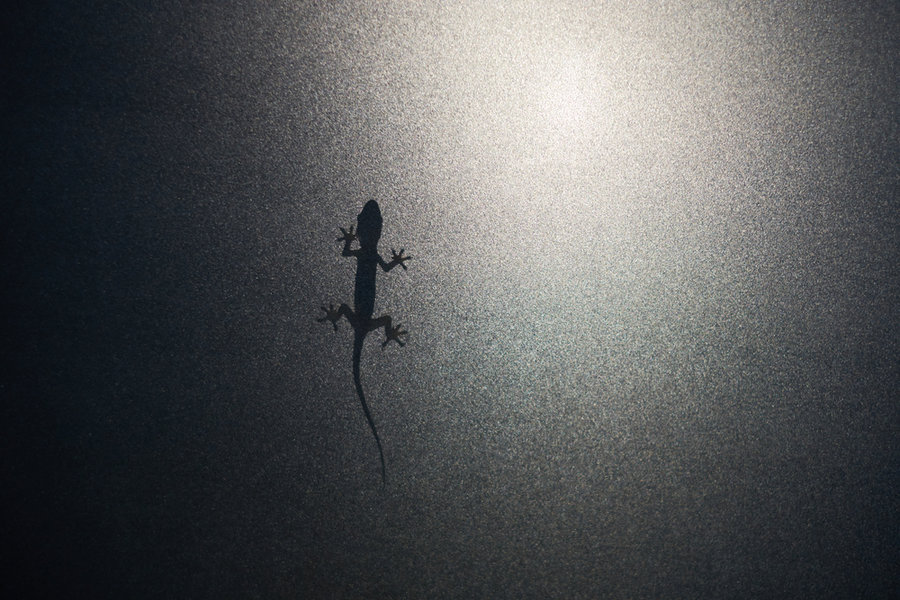
Geckos have adapted their agility, speed, and hiding skills that help them to avoid being discovered by prospective predators. They sleep an average of twelve hours a day, occasionally waking up, usually during the twilight hours.
Here are five reasons why nocturnal geckos normally stay up at night:
1. Taking Advantage of the Lower Temperature
Geckos avoid the oppressive heat at night, which is especially advantageous to those from desert regions. Cooler temperatures can also help in reducing water loss.
These geckos can function more efficiently when they are chilly. In addition, they can endure long periods without drinking water, which is more difficult to come by for some species of wild geckos.
2. Avoiding Resource Competition
Geckos lessen competition for food and other resources with other active creatures during the day by coming out at night. They search for food at night because other animals are sleeping.
3. Predators Avoidance
During the day, birds, mammals, and other non-nocturnal creatures feed on many geckos. Geckos can escape these predators’ attention by coming out at night.
4. Nighttime Thermoregulation
Geckos are ectothermic, which means that environmental factors rather than internal mechanisms control their body temperature.
Geckos may emerge at night to take advantage of the cooler air and warmer ground temperatures to regulate their body temperatures.
5. To Converse With Different Geckos
Some species of geckos utilize vocalizations and other forms of communication to exchange information with one another. These vocalizations are frequently easier to hear at night with less background noise.
Do Geckos Have Daylight Hours?
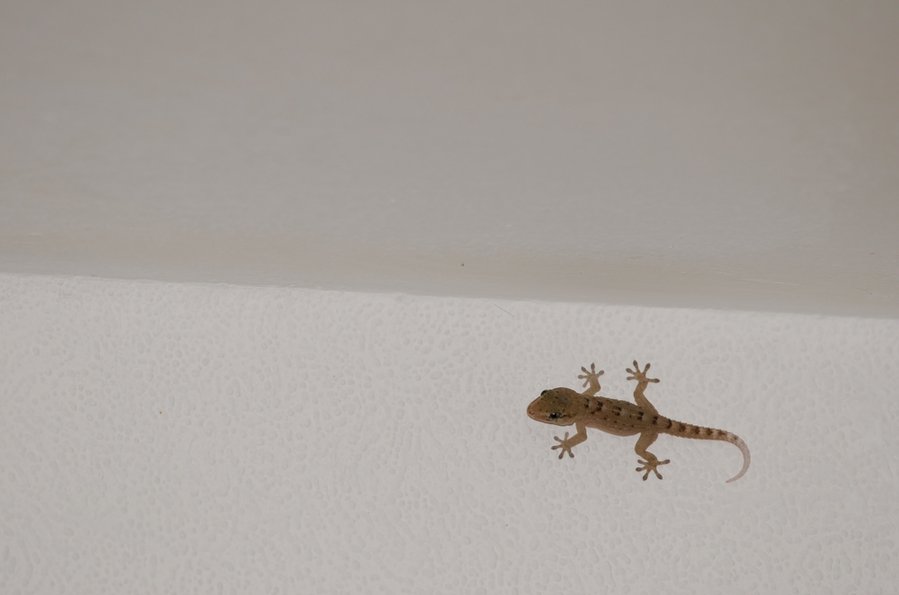
Some daytime geckos belong to the genus Phelsuma.
However, the majority of Phelsuma geckos are nocturnal. These geckos are native to Madagascar, Mauritius, and other western Indian Ocean islands.
Diets of day geckos are comparable to those of their nocturnal counterparts. They consume bugs, papaya, bananas, baby food, prepared gecko food, and insects.
Even though they are nocturnal, certain Phelsuma geckos are active during the day. Whether it be to eat, drink, or relax.
During the day, the following geckos are active or moderately active:
- Spanish gecko – Although this gecko spends most of its time sunbathing in the sun during the day, it is primarily nocturnal.
- Geckos of Eurydactylodes – Koumac and the island of New Caledonia are home to this species. Although this gecko is nocturnal, it eats, drinks, and occasionally moves during the day.
- The Lygodactylus Geckos – This species is small and native to Africa. These lizards are diurnal and heliothermic since they enjoy basking in the sun to stay warm.
The skin of day geckos is extremely delicate.
Summary
Like many nocturnal animals, geckos have physical characteristics that make them more secure and capable of nighttime movement.
Nocturnal geckos have large eyes that can detect insects from a distance. They also have an acute sense of smell and can communicate by leaving scant trails.
Geckos are designed for emerging at dawn, which is when they can perform their essential functions. Therefore, they are primarily nocturnal animals.
Frequently Asked Questions
What Happens to Nighttime Geckos During the Day?
Geckos spend the day sleeping since they are active at night. During the day, these geckos hide in several places, including tiny crevices, behind the artwork, in cabinets, and wherever else they can stay cool and unnoticed.
What Causes Geckos To Chirp at Night?
The geckos emerge to hunt and mate when it is dark. Chirps are mostly used at night to scare off other geckos from their territory, call out female geckos for mating, and communicate with other geckos.
When they perceive a threat from people, geckos also chirp at them.
What Terrifies Geckos?
Eucalyptus and peppermint are the two most effective essential oils for warding off geckos. Those smells frustrate geckos.




